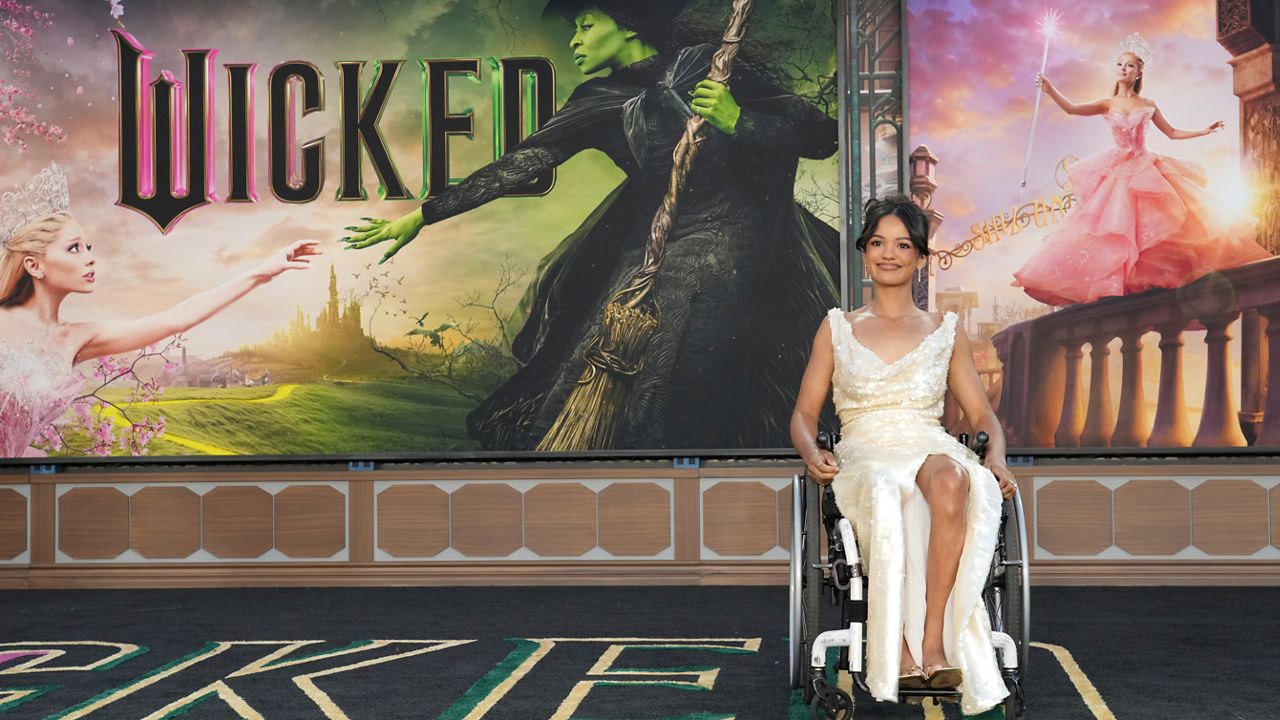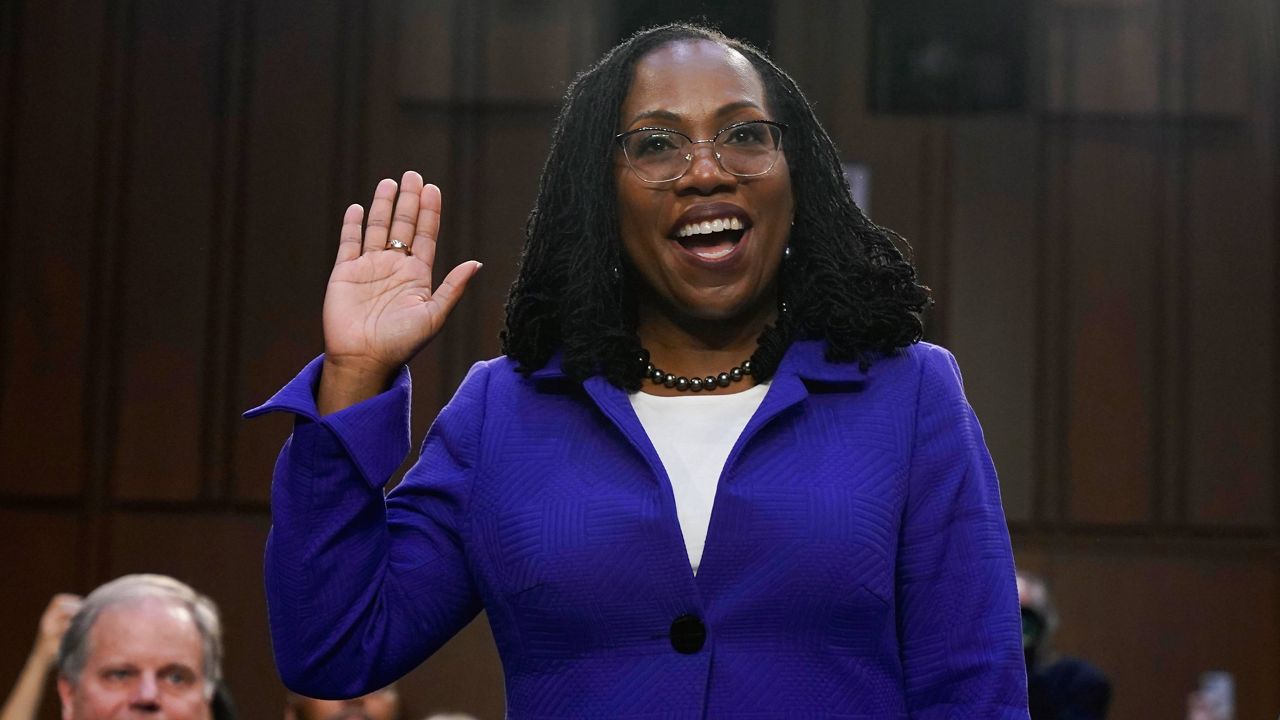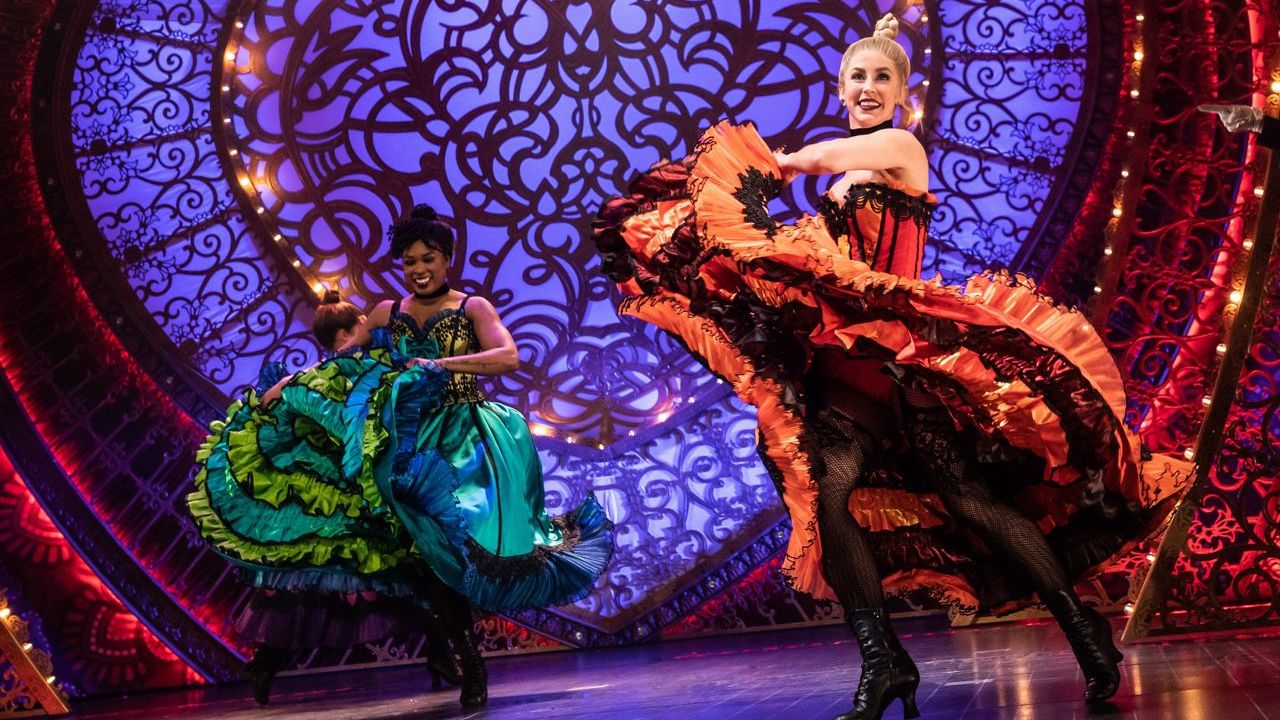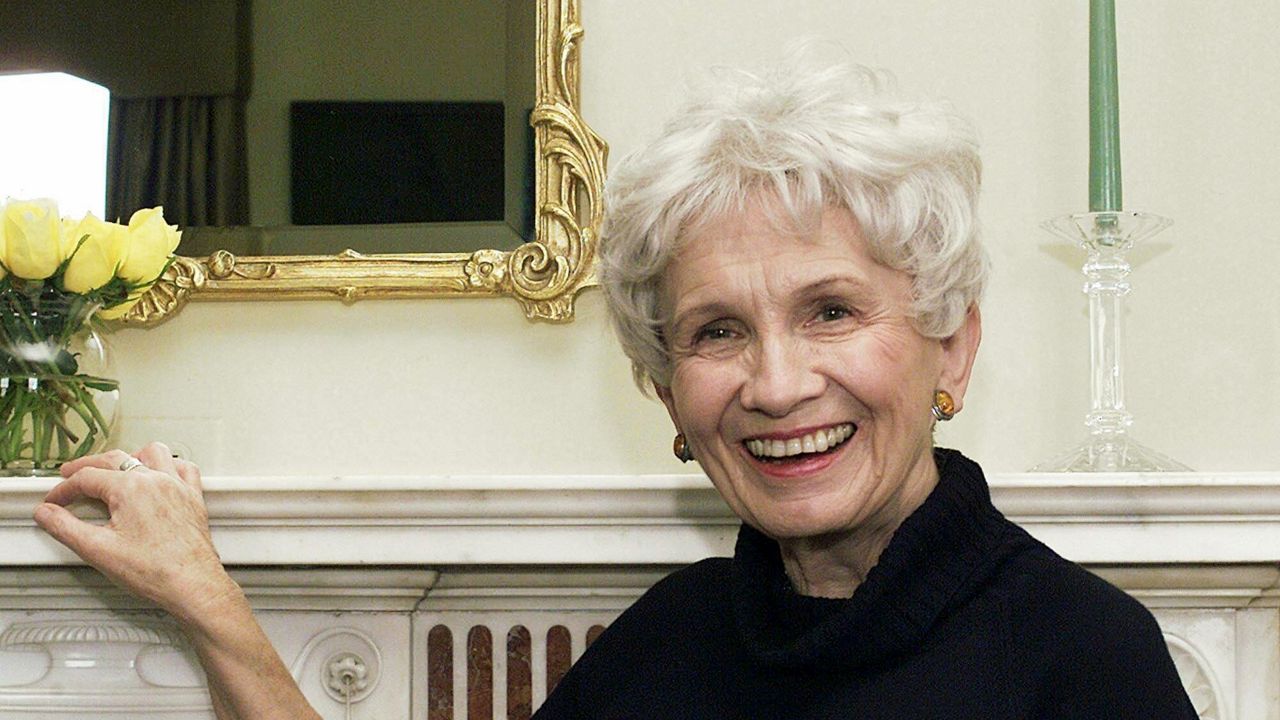MIDWEST — The Queen of Rock and Roll, Tina Turner, died almost a year ago. However, her life and legacy continue to thrill and inspire audiences around the country in a musical adaptation of her life.
The national tour of the Broadway hit, “Tina - The Tina Turner Musical,” is heading to the Midwest. It will run in Appleton, Wis., at the Fox Cities Performing Arts Center from April 16-21, followed by a stop at Milwaukee’s Marcus Performing Arts Center from April 23-28. The show heads to Columbus, Ohio from May 7-12 with a run at the Ohio Theatre. It will come back to Wisconsin over the summer, stopping at Madison’s Overture Center for the Arts from June 11-16.
We caught up with Roz White, who plays Tina Turner’s mother in the show.
Spectrum News 1: Where do you draw inspiration from?
_(1).jpg)
Roz White: I draw inspiration from the actual real-life story of Tina Turner. Her mother, Zelma Bullock, was born around 1918 in rural Tennessee. This character was born during some very hard times for African American people. Cotton-picking was the family profession. And she was not happy with her life, with her husband at the time, and she had three girls — one who had previously passed away, Evelyn, Alline, the middle daughter and then Anna Mae, who became Tina, who’s the youngest daughter. That relationship is very complicated. It’s something that we didn’t have the language for, postpartum depression, not being attached to your child, and that that’s something that a mother could possibly go through. Especially during the times that they were experiencing, you were just expected to just take care of and love your children and provide, even in the worst of circumstances. So since we didn’t have the language for that, Zelma was very misunderstood — thought to be mean and cruel, when she was really fighting for her own happiness in a situation that she was unhappy in…
Tina and Zelma, their relationship was just very strange throughout her life, with her mother challenging her in ways that only a mother can challenge a daughter — questioning her motives, moves, not really believing that she was this huge energy. That just didn’t exist. Tina Turner was something — it seems like — from another planet. Her energy. Her resilience. Her talent. Her spirit. And the fact that she was able to overcome such obstacles to become the Queen of Rock and Roll — something that African American women did not aspire to, were not taught to aspire to in that time. We didn’t have very many examples at the time. So the mother-daughter relationship is strained, but I do believe that Zelma is a catalyst for Tina’s success because she pushes her in only the way that mothers can push daughters.
Spectrum News: Before she passed, Tina Turner worked on the musical. Were you able to meet her?
White: [The touring] company did not get to meet her personally. She had retired home to Switzerland by the time our tour got started, but we did communicate with her via video and letters.
What we were able to take away is what she told the Broadway company: That we were able to turn her pain into medicine. That is definitely a Buddhist principle. We learned from her that this story can only be told through the many different people that she encountered in her life and we needed to work as an ensemble… Her own life as an example was a lesson for me.

Spectrum News: Were you a fan of Tina Turner before you joined the show?
White: Absolutely. I was 14 years old when “Private Dancer” came out. I knew the Tina Turner from Ike and Tina, from my grandmother’s record collection. And then she brought home the Tina Turner “Private Dancer” album; it was over for me. I just wanted to be everything like that, with the legs and the hair and the outfits and the voice that was sensual and deep. It just fit me. I was hooked from the very beginning.
Spectrum News: So what is it like going from that 14-year-old girl to now performing in a musical bio pic of her life?
White: Every night is extremely emotional for me because of the fact I’m playing the person who gave birth to her. They didn’t have the closest relationship, but it keeps it alive, with all of that tension and the fact that I get to be a part of keeping Tina’s memory alive.
…I didn’t even imagine it when I was that young. I just thought I would be listening to her music and enjoying her as a performer and maybe singing her songs on stage, but I never thought that I would be a part of her actual legacy and keeping her memory alive.
.jpg)
Spectrum News: What’s your favorite part of the show?
White: The transformation from the Tina Turner that we knew from Ike and Tina to the iconic [Tina Turner] with the blonde wig. That happens on stage, and it’s such a beautiful transition, her coming into herself, knowing how to pull the energy that she has within herself and go within to become stronger and overcome…
The development of the song “What’s Love Got to Do With It?” and how it becomes this idea and then the song that’s the first No. 1 hit that she’s had after a full career with Ike. That was the first No. 1.

Spectrum News: What do you hope audiences take away from the show?
White: There’s so many lessons. We have a multi-generational cast. We have actors from age 10 all the way through 60s on stage in this particular production. It’s very rare to see this mixture of people on stage, so I think the audience can take away our work ethic and pulling together to tell the story.
I think they can also take away the conversation about not having to endure abuse. If that is your situation, you can get help and you can get out.
And then, of course, the lesson that you can achieve even your wildest dream, with focus, discipline and support from those that love you and that are in your corner.
Aly Prouty - Digital Media Producer
Aly Prouty is a digital producer for Spectrum News 1 Wisconsin, Ohio and Kentucky. An award-winning, multimedia journalist, she holds an honors B.A. in journalism from Marquette University and an M.A. in journalism and media studies from The University of Alabama.









